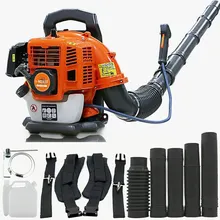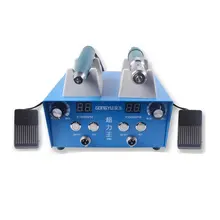Understanding Manufacturing Measure Tools
In the realm of production and engineering, manufacturing measure tools are indispensable for ensuring precision and quality. These instruments cater to a broad spectrum of testing and verification needs, pivotal for various stages of manufacturing. From design verification to final product testing, the right measuring tools can significantly enhance the efficiency and accuracy of the manufacturing process.
Types of Measurement Instruments
Measurement tools in manufacturing come in various forms, each serving a specific function. Logic analyzers are crucial for professionals dealing with digital circuits, enabling them to verify and debug digital designs. Voltage detector kits and pen voltage testers are essential for electrical testing, providing a simple solution for identifying live wires and testing circuit integrity. For more intricate requirements, tools like vector network analyzers and circuit breaker testers are used to assess the performance of electronic components and systems.
Applications in Different Industries
The application of manufacturing measure tools spans across industries. In electronics, megohmmeters and tube testers are commonly used to diagnose the health of electronic circuits and vacuum tubes. For the telecommunications sector, optical time-domain reflectometers (OTDR) are employed to evaluate the integrity of fiber optic cables, ensuring seamless data transmission.
Features and Materials
The features of manufacturing measure equipment vary, ranging from basic manual devices to advanced automated systems. Materials used in these tools are selected for durability and precision, such as hardened steel for mechanical gauges or high-grade optical glass for fiber testing instruments. The design of these tools often emphasizes user safety, accuracy, and ease of use.
Advantages of Accurate Measurement
Accurate measurement is the cornerstone of quality control in manufacturing. It ensures that components fit together correctly, systems function as intended, and products meet safety standards. The use of manufacturing measure tools also aids in reducing waste, saving time, and minimizing costs by detecting defects early in the production process.
Selecting the Right Measurement Tools
Selecting the appropriate manufacturing measure tools requires an understanding of the specific testing needs of a project. Amp clamp meters, for instance, offer a quick method for assessing electrical currents without direct contact. When choosing tools, consider the measurement range, resolution, and the environment in which the tool will be used to ensure it meets the demands of the task at hand.











































 浙公网安备 33010002000092号
浙公网安备 33010002000092号 浙B2-20120091-4
浙B2-20120091-4